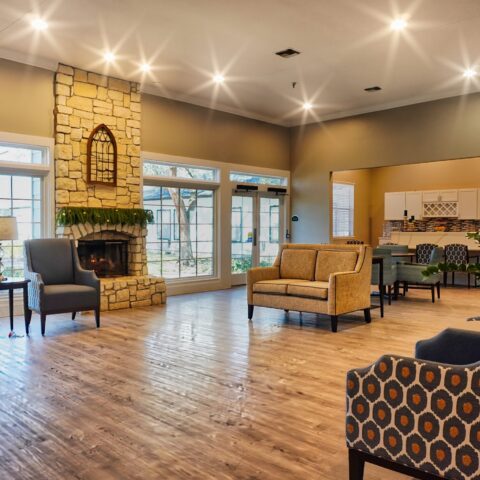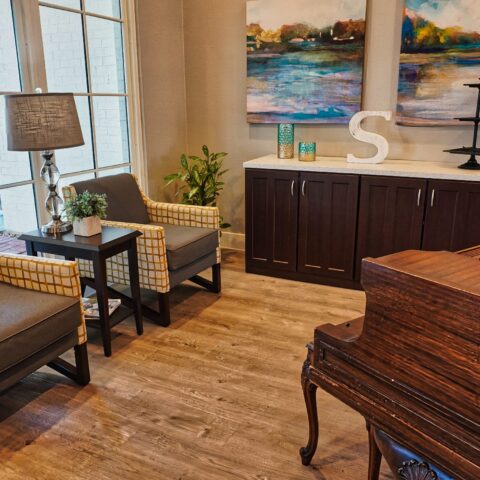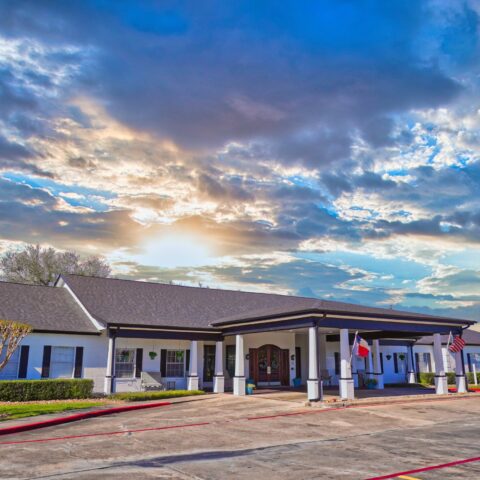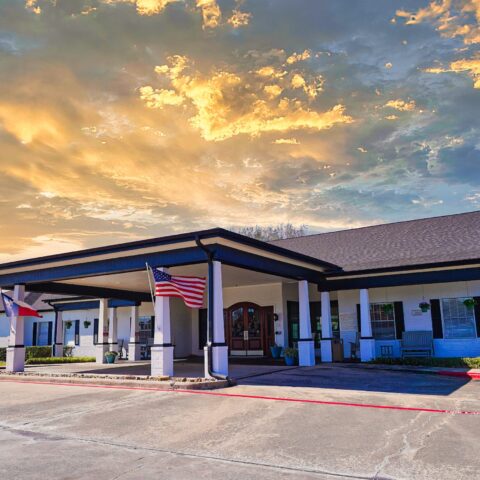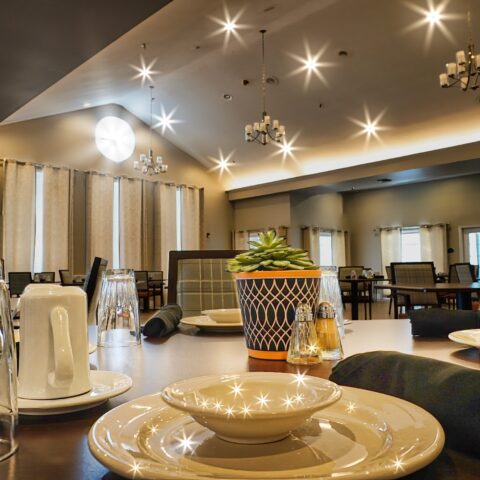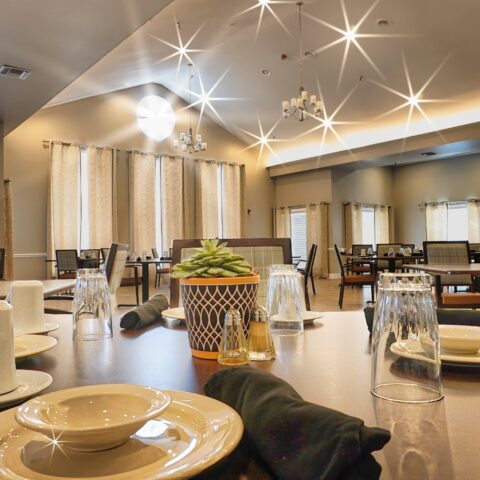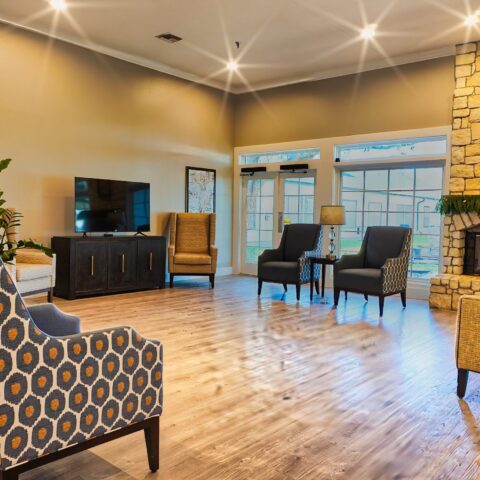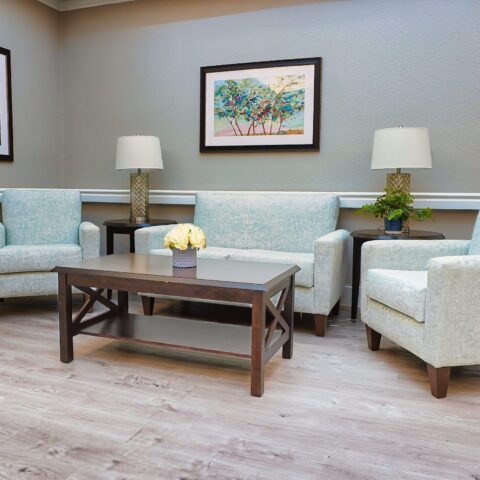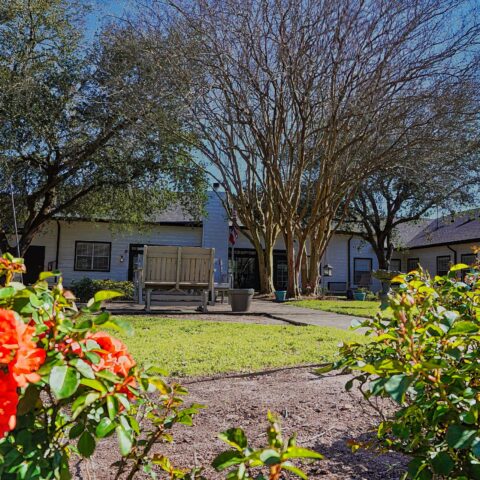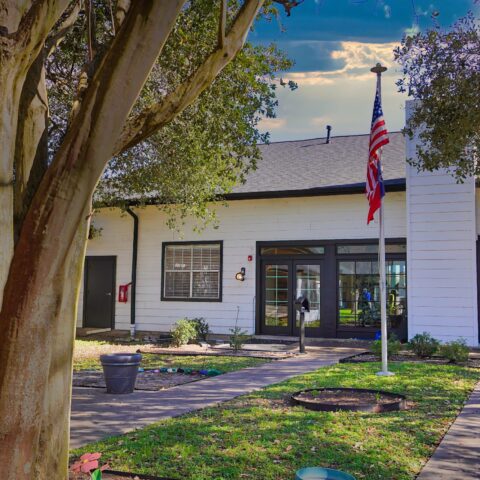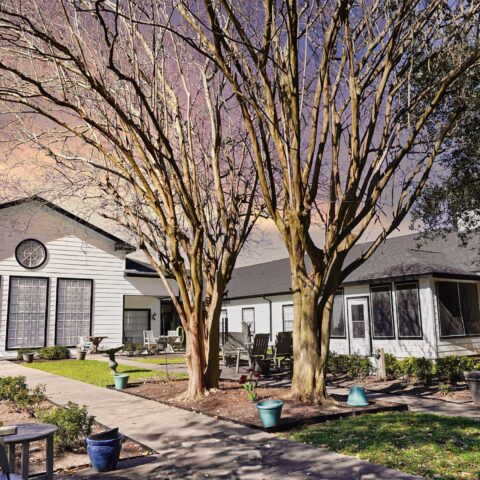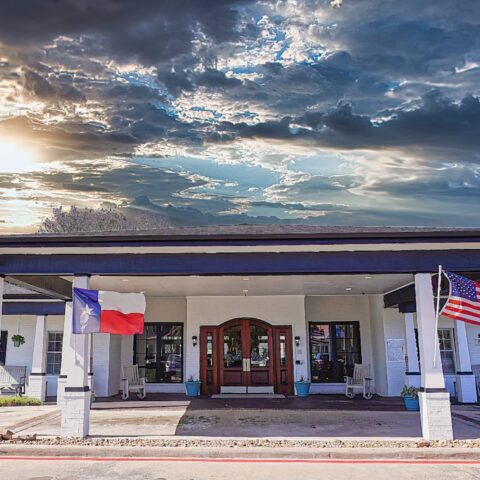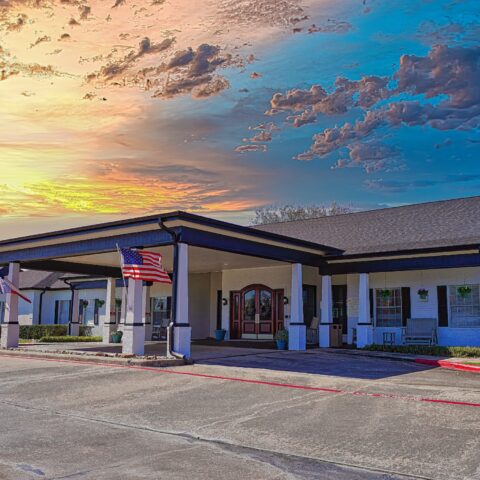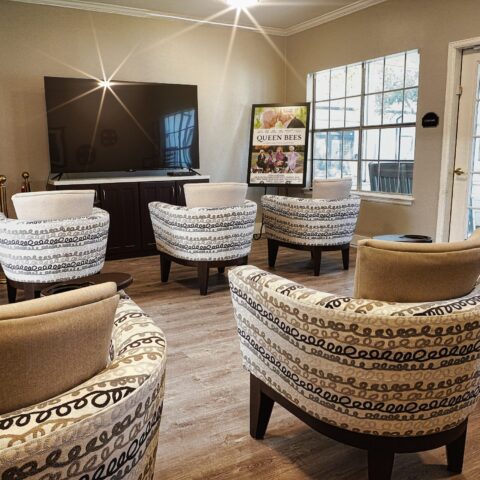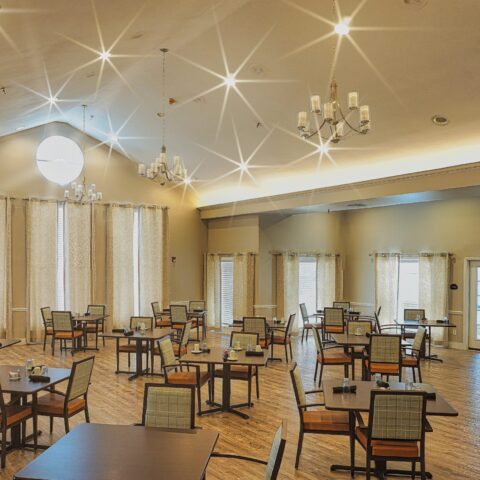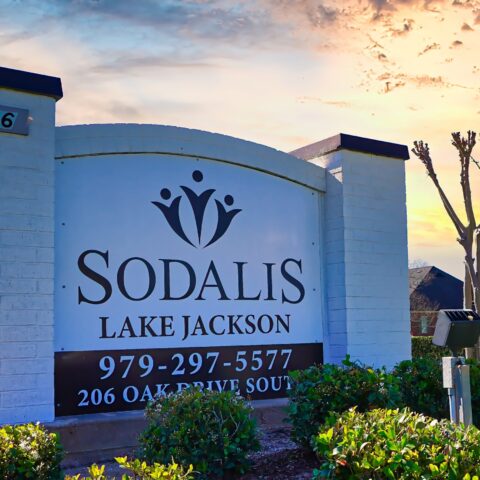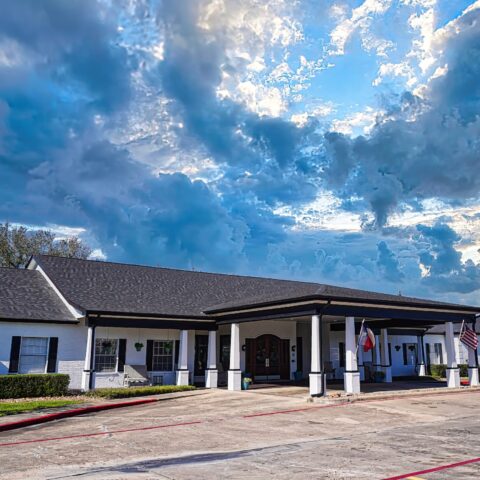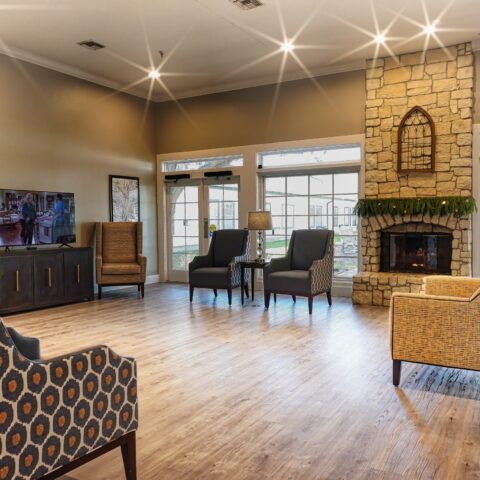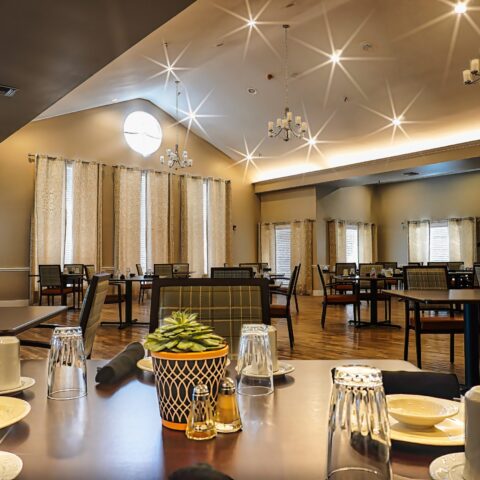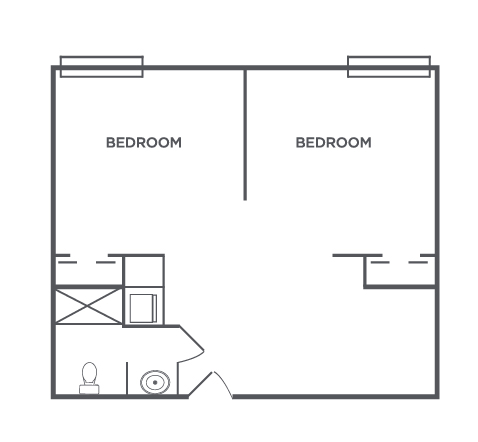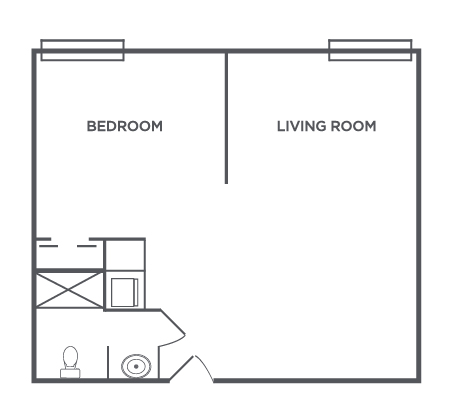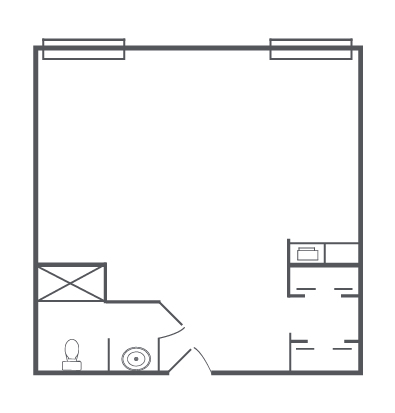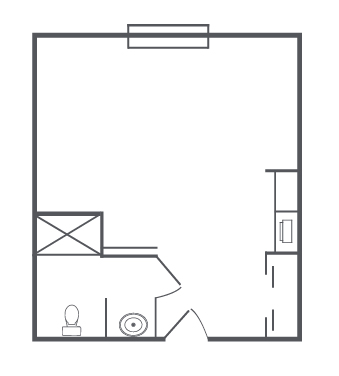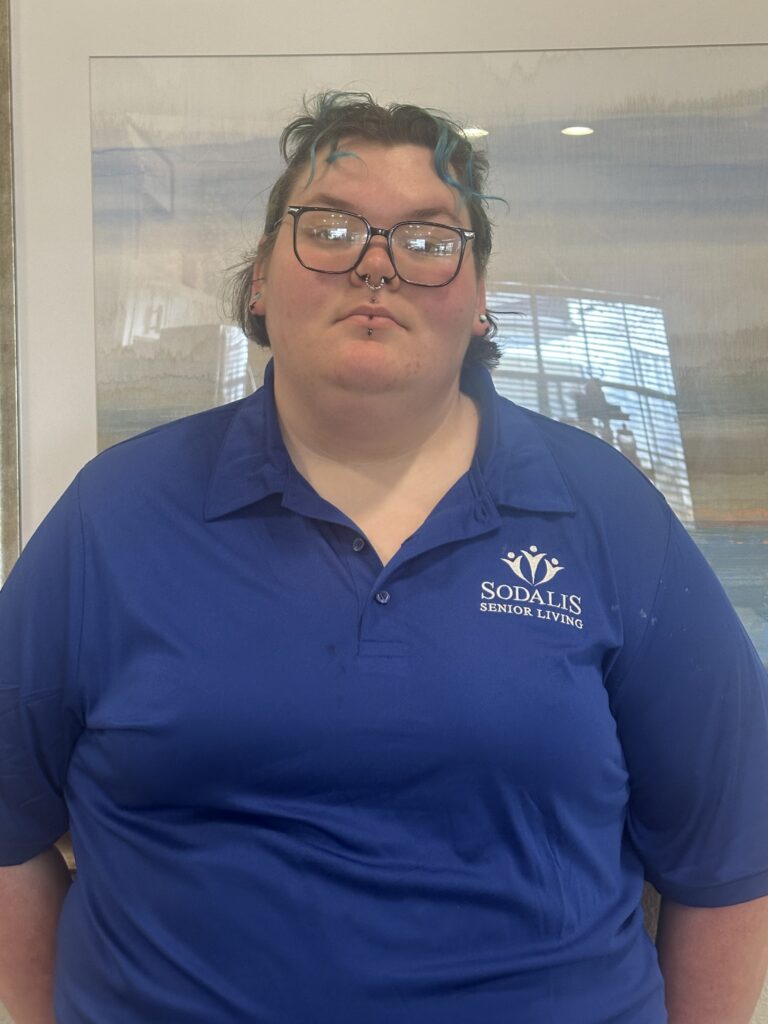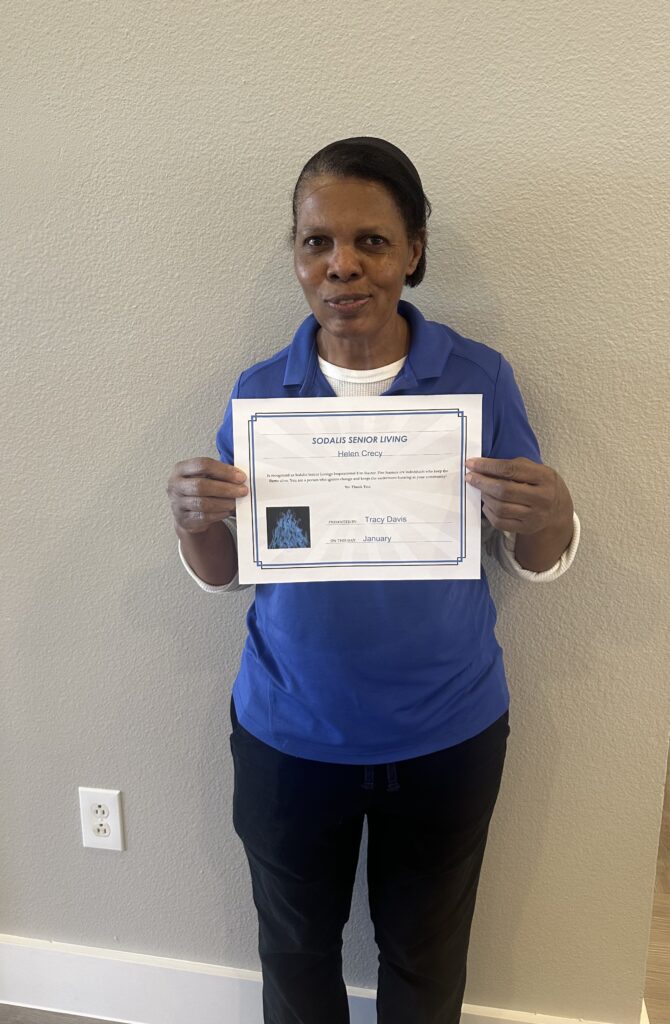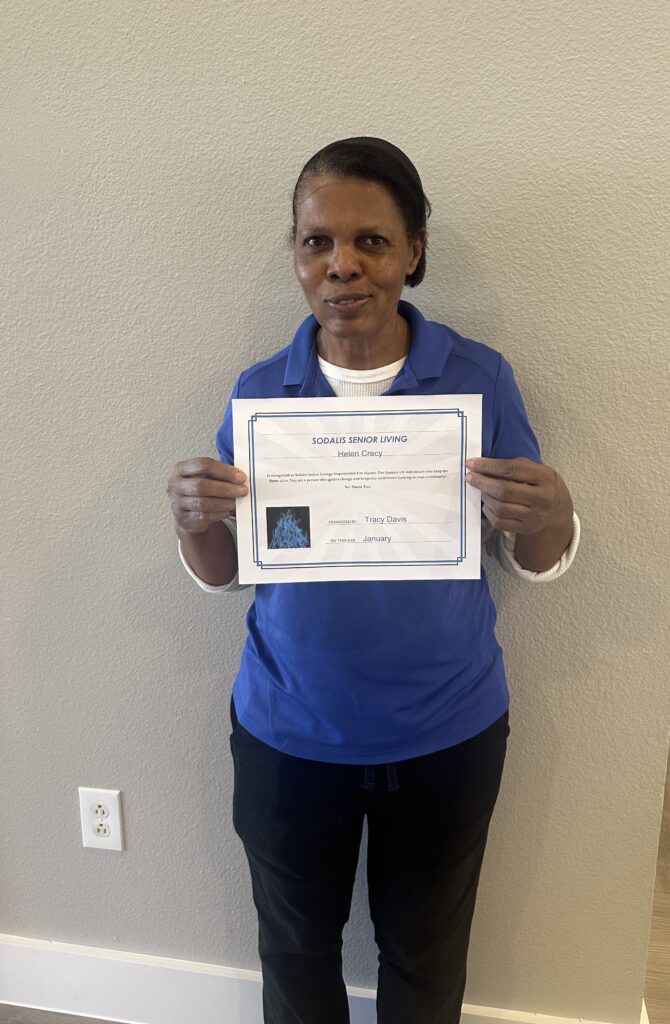Lake Jackson is a city in Brazoria County, Texas, and a suburb of Houston. It’s known for its attractions, including Sea Center Texas, the Gulf Coast Bird Observatory, and the Lake Jackson Historical Museum. The city offers a variety of outdoor recreational activities, including parks, lakes, and hiking trails, making it an attractive option for those looking to escape the urban jungle and enjoy the great outdoors.
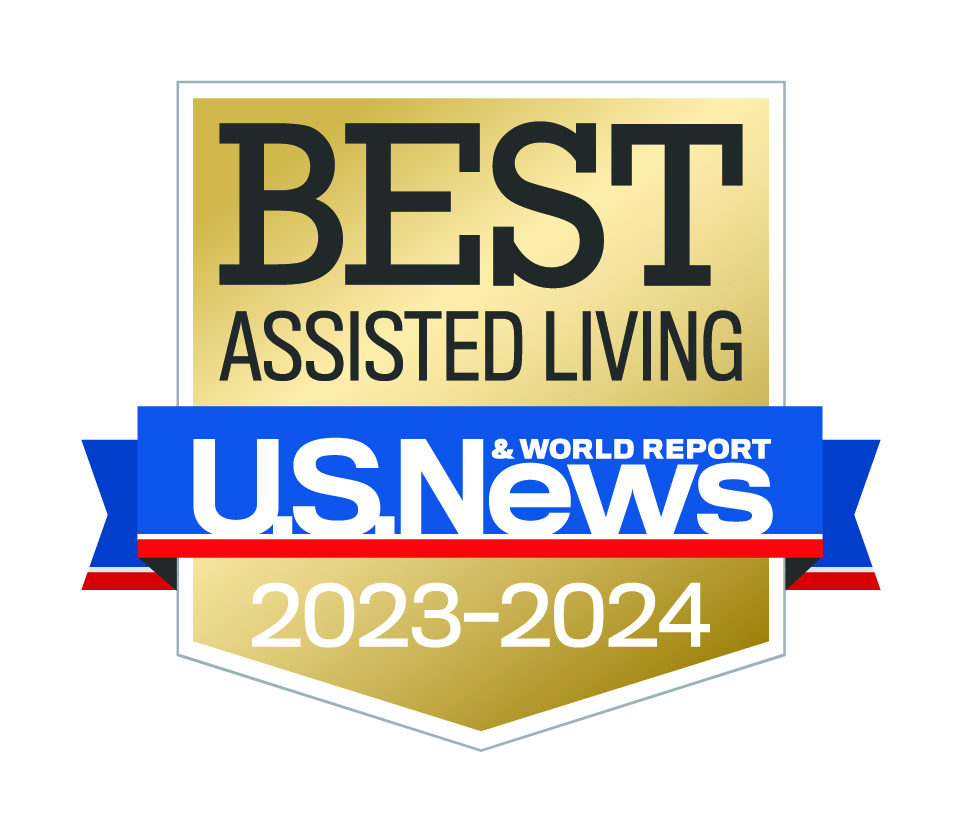

ElderLife Financial Resources
Resources for financing senior living levels of care are available more than ever before. And at Sodalis Senior Living, we understand that everyone has unique circumstances that help determine how they can best afford the costs of senior living for themselves or their loved ones.
To help seniors and family members navigate through the many options available for financing, Sodalis is pleased to partner with Elderlife Financial Services.
Here’s what our residents and their families say
360 Virtual Tours
Gallery
Assisted Living Amenities
When care is your concern, you and your loved ones are able to live worry-free, with the confidence that our 24/7 care staff is there to help in times of need. Every effort has been made to make Sodalis Lake Jackson a place where you feel comfortable and secure.
Assisted Living Floor Plans
Assisted Living
Engaged living, a tranquil setting, and compassionate care are hallmarks of Sodalis Lake Jackson, an assisted living community that encourages an active lifestyle and daily activities for residents, both on campus and throughout the beautiful Martinez area. With designer touches throughout, you’ll enjoy a spacious apartment home and a list of amenities, knowing that you have a full range of personalized care available.
Living It Up
Whatever your passions are, our community provides a great place to pursue them. Through the events and activities we offer you can find something to spark your interest!

Three delicious meals each day and snacks as you wish, on your own time, are locally curated by our trained chef. Restaurant-style cuisine with a touch of traditional home cooking is provided by our courteous and friendly wait staff in the gracious Sodalis Lake Jackson dining room.

Choose from a variety of activities, wellness programs, technology engagement, and more each morning, afternoon, and evening. Our full-time engagement director offers daily activities designed around the interests of our residents such as bridge and bingo, live music and entertainment, dancing and walking clubs, and memory enhancement programming.


